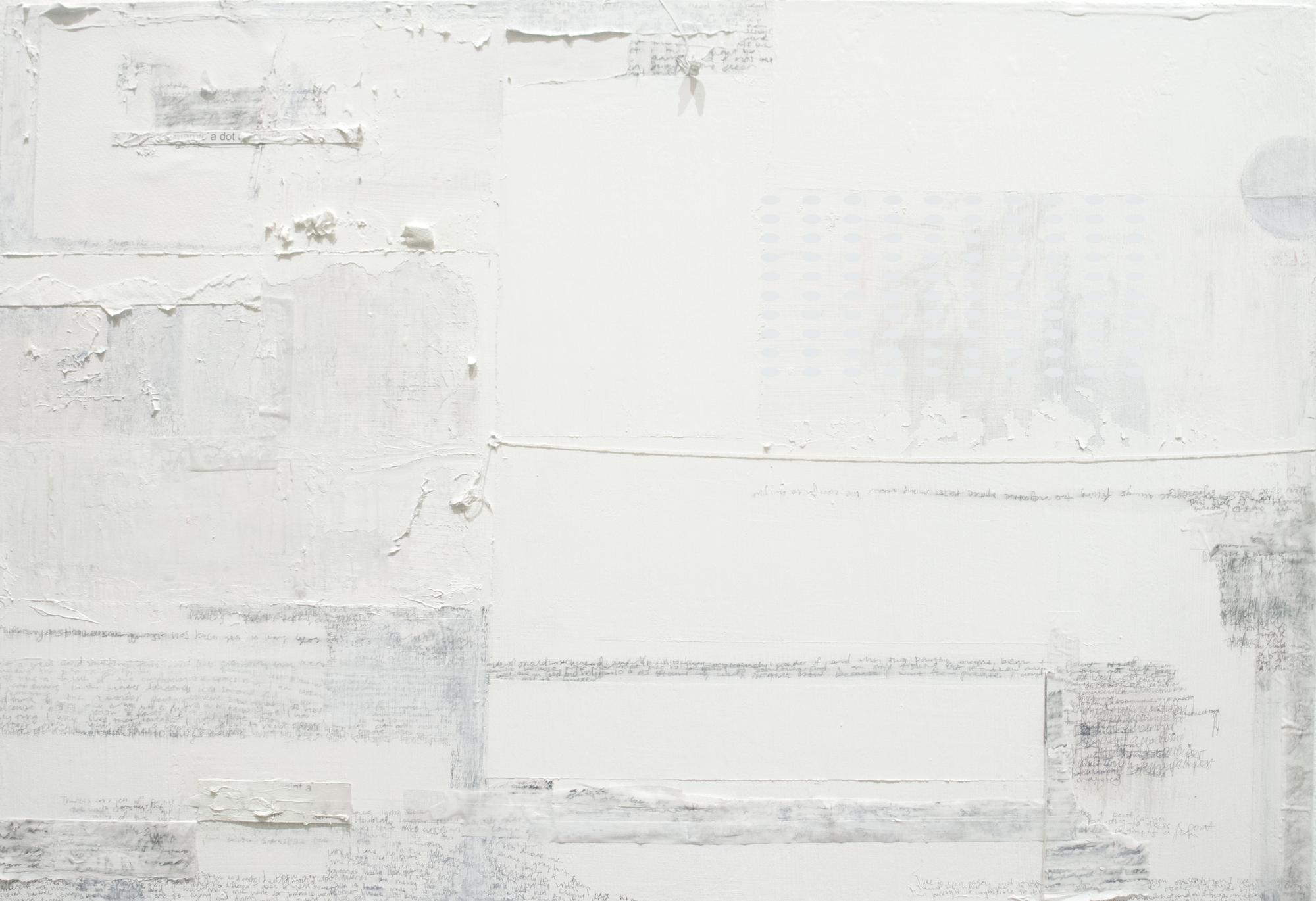La Pipopipette
Alana Frances
→Brown University, BA English and Modern Culture, 2022
 Image by the author.
Image by the author.Her smile rests beneath a square of cloth, itself protecting Dot from things like words and cake, and protecting others from her smile. Unfastening a square from her pocket, Dot taps and clicks, traveling between Clock and Camera, then arriving at Instagram, whereupon her account grayly rests a banner that reads Remembering. I am always remembering, Dot thinks to herself, before wondering who else might be Remembering her—then how one might go about measuring a single Remembering. It occurs to Dot that there may be some finite capacity for Remembering only as large as the thing itself, only as large as the object of Remembrance, only as large as her, in which case she wonders how many Rememberings are left until the digital graveyard fills up, how many tightly taped boxes of comments until some mourning threshold is reached, until the application is bestowed with its own silver letters of condolence.
It is now Tuesday and Dot sits cross-legged with hair in two low-hanging braids, with a birthday, without words. Unfolding her legs and shifting her weight onto her feet, Dot drifts into and through the kitchen, roving atop its floor plan, feeling as though she would like to walk through her home for the first time again. But the floor and the ceiling are still identical to each other, and today is still identical to yesterday and the box of a television still, to her eyes, streams a constant flow of white noise. Dot encounters but does not register a dirty napkin and an empty glass, still semi-opaque from milk. The kitchen comes with a few accessories which Dot does in fact register completely today: the cake on a marble countertop, a knife-holder blossoming diagonally and hugging eight knives that soon become seven and a cake that soon offers a slice.
Father, standing across from the marble countertop, ceremonially directs his finger towards a big box. His finger is a year older than last year, and the box bigger and newer than last year, just as last year’s box was bigger and newer than the year before, and from the vantage point of “over the years,” the boxes begin to look like wooden nesting dolls. The passing of time, in other words, turns each new year, each new box, each new doll bigger and dirtier than each one prior, resulting in an old, inner doll and a new, outer doll. Of course, Dot thinks to herself, life is not doll-shaped, but quadrilaterally configured, assembled by rooms and boxes and phones increasing in size as they decrease in sentiment, one placed inside of the other, physically, just as the other is placed inside of one, emotionally. Unclothing the box, Dot shifts a pair of eyes delicately onto and into an antique dollhouse, wondering if inside that one inch to one foot home, it is still her birthday, if the kitchen countertop is still made of marble, if it carries a wooden knife holder with eight, no, seven knives, or a cake that now comes with a slice, a knife painted dirty, if pink stripes rest vertically underneath white paint, if her hair has been braided into pathologies, if Father has already put a gift atop that countertop, and if, on our way to the dollhouse, we are playing Dots and Boxes on a crashing airplane.
Alana Frances is remembering.